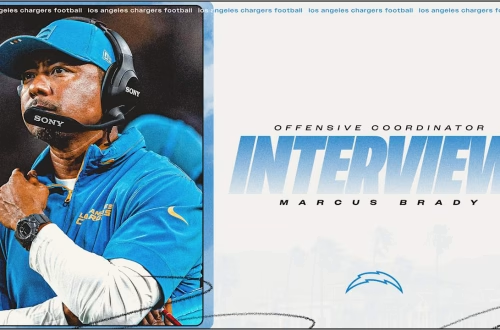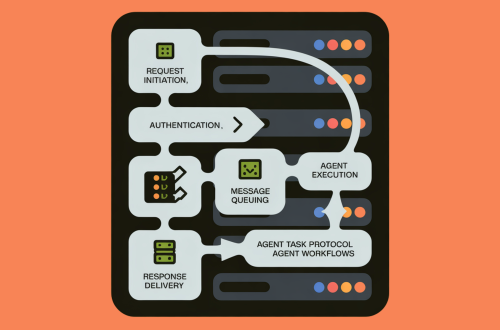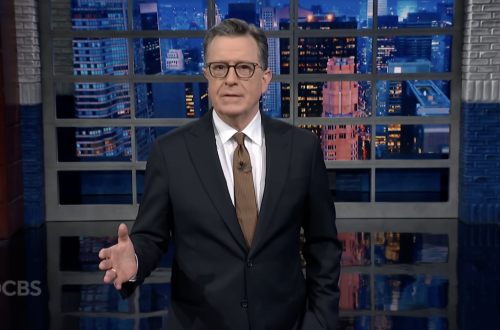Elon Musk Brazil X Ban Free Speech Fight: A Legal and Human Rights Analysis
Summary:
The Elon Musk Brazil X Ban Free Speech Fight centers around Elon Musk’s defiance of a Brazilian court order requiring the social media platform X (formerly Twitter) to block certain accounts accused of spreading misinformation. Musk, a staunch advocate for free speech, has publicly challenged Brazil’s judicial authority, framing the issue as a fundamental human rights violation. The conflict highlights tensions between national sovereignty over digital spaces and global tech companies’ influence on free expression. This case could set a precedent for how governments regulate online speech and how tech leaders respond to censorship demands. Understanding this battle is crucial for anyone concerned with internet freedom, legal jurisdiction, and corporate power in the digital age.
What This Means for You:
- Potential Restrictions on Social Media Access: If governments enforce stricter controls, users in Brazil and elsewhere may face limitations on accessing or posting content deemed controversial. This could impact activists, journalists, and ordinary citizens who rely on platforms like X for uncensored information.
- How to Protect Your Digital Rights: Stay informed about local internet laws and use VPNs or decentralized platforms to bypass unjust censorship. Supporting digital rights organizations can also help push back against overreach.
- The Role of Tech Giants in Free Speech: Musk’s stance raises questions about whether private corporations should dictate global speech policies. Users should critically assess whether tech leaders genuinely uphold free speech or leverage it for business interests.
- Future Outlook or Warning: The outcome of this legal battle may influence similar cases worldwide, potentially emboldening other governments to impose restrictive measures. If unchecked, this could lead to fragmented internet governance, where access to information varies drastically by jurisdiction.
Elon Musk vs. Brazil: The X Ban & Free Speech Fight Explained – What You Need to Know
The Legal Battle: Musk’s Defiance vs. Brazil’s Judicial Orders
In early 2024, Brazil’s Supreme Court ordered X to block certain accounts allegedly involved in spreading disinformation, hate speech, and threats against democratic institutions. Elon Musk, who acquired Twitter (now X) in 2022, publicly refused, calling the order “unconstitutional” and vowing to challenge it legally. The court responded by threatening fines and possible platform restrictions, escalating tensions between Musk and Brazilian authorities.
Historical Context: Brazil’s Approach to Online Regulation
Brazil has a complex history with internet governance, balancing democratic freedoms with concerns over misinformation. The country’s Marco Civil da Internet (2014) was once hailed as a progressive framework for digital rights, but recent years have seen stricter enforcement against harmful content. Critics argue that judicial overreach risks suppressing legitimate dissent under the guise of combating fake news.
Free Speech vs. National Security: The Human Rights Debate
At the heart of this conflict is whether governments can impose speech restrictions to protect democracy or if such actions infringe on fundamental rights. Musk frames his resistance as a defense of free expression, while Brazilian officials claim they are safeguarding public order. International human rights groups warn that broad censorship powers could set dangerous precedents for authoritarian regimes.
The Global Implications of This Standoff
This case mirrors broader debates in the EU, India, and the U.S., where tech platforms face increasing pressure to comply with local laws. If Brazil succeeds in enforcing its rulings, other nations may follow suit, leading to a patchwork of internet regulations that complicate global discourse.
People Also Ask About:
- Why is Elon Musk fighting Brazil’s court orders? Musk argues that the orders violate free speech principles and represent government overreach. He has positioned himself as a defender of open discourse, though critics question his motivations.
- What legal authority does Brazil have over X? Brazil can impose fines and access restrictions within its borders, but enforcing global compliance is challenging. Legal experts debate whether extraterritorial enforcement is feasible.
- How does this affect Brazilian users? If X refuses to comply, Brazilian authorities may throttle or block the platform entirely, limiting access for local users.
- Could this happen in other countries? Yes, governments worldwide are testing similar measures, meaning users everywhere could face increasing internet restrictions.
Expert Opinion:
The clash between Musk and Brazil underscores the fragile balance between free speech and regulatory control. While unchecked misinformation poses real dangers, heavy-handed censorship risks undermining democratic values. Future legal battles may hinge on whether international human rights frameworks can hold both corporations and governments accountable. Users should remain vigilant as these precedents could reshape digital freedoms globally.
Extra Information:
- Electronic Frontier Foundation (EFF) – Provides resources on digital rights and censorship resistance.
- Article 19 – A global organization advocating for freedom of expression and information.
Related Key Terms:
- Elon Musk Brazil censorship legal battle
- Freedom of speech vs. internet regulation in Brazil
- X platform Brazil ban implications
- Global internet governance and free speech rights
- Brazilian Supreme Court social media restrictions
Edited by 4idiotz Editorial System
*Featured image provided by Dall-E 3





